I previously wrote about how I became involved with our church's outreach ministry to the Richwood informal settlement. But what happened to it? Why am I writing under the title, "The End of Richwood"? In this article I explain what happened.
From almost the moment that I joined the Richwood ministry, I heard the rumours that there were people who wanted the land on which the informal settlement was built. However, the people from Richwood had already lodged a land claim, so that they could take legal ownership of the land on which they were living. And so a legal battle was being waged for Richwood, far removed (literally and figuratively) from the residents of Richwood, who were not educated enough to be part of the process. But fighting for the residents of Richwood was a remarkable person: Toni Tresadern. No other person was as involved with the community as she was. So close was her involvement that she had even adopted some of the children from that community to give them chances which they otherwise would not have had. She monitoring what was happening with the legal battle. But our paths rarely crossed, and our team had a different, narrowly defined mission in Richwood; we were not part of the politics. That is not to say that we were indifferent about the situation—indeed, we were eager to hear any new news on the situation. But our mission was to assist the community spiritually, and in our capacities we were also unable to commit more resources and efforts. Every once in a while we would hear stories from the residents about impending evictions, but nothing ever came of these stories, and I soon learned not to pay too much attention to them: "wolf!" had been cried too many times.
In the beginning of June, the South African National Roads Agency (SANRAL, which is a body of the national government) evicted a number of people who had settled on land which it owned at Lwandle in the Strand. This caused a huge public outcry: apart from the usual injustice of putting people out of their homes, June is when winter officially arrives in Cape Town, bringing with it persistent cold and rain. What is more, it is near the end of the second term of the school year, when scholars typically write their first round of exams of the year. So people, who are clearly poor, now not only lost their homes, but they were relocated to other areas (where the residents were none too happy about the new arrivals), which implied new schools, which could wreak havoc on their academic performance for the year given the crucial time at which it took place. In short, it was a PR disaster for SANRAL, and the City of Cape Town was quick to distance themselves from the actions of SANRAL.
Nearly a month later, on 29 June, our group from church arrived at the Richwood informal settlement as usual. It was a beautiful sunny weekend: the first we had had in a while. The school holidays had also just begun and across the country children were making the transition from exam stress to settling into a month long break.
But when we arrived, we found none of the usual relaxing in the sun or lazy meanderings. Instead, it was a hive of activity: people were running around carrying things, shacks were being emptied of their contents and trucks were being loaded. Usually on such a day we would expect more than a few people being intoxicated, but on that day everyone was wide eyed and on the move. Some of the shacks had already been torn down and only skeletons remained where the domiciles use to be. Some of the residents who were scurrying around had papers in their hand; papers which needed to be signed or were signed already1. On the one side stood a number of police vehicles—in addition to the private security which had been stationed there for months—keeping an eye on the situation and making sure that everything was happening orderly.
A few weeks earlier, when the Lwandle evictions took place, we were warned that the City of Cape Town had plans to imminently evict the residents of the Richwood informal settlement. Details were vague, but we waited to see what would happen. The supposed date came and went, and we settled down again believing that the shepherd boy had cried "wolf!" again. We assured ourselves that in the wake of the Lwandle PR disaster, the City of Cape Town would wait at least until summer before making a move. But lo, here we were. We did not conduct our last service—while we did not anticipate the relocation to happen so soon, I hoped to encourage the residents with what the Lord did lead me to prepare. Unfortunately everyone was too busy, and we understood that. We spent our time there talking to people, encouraging them and sending them off with blessings. And so with a heavy heart we thanked God for what He had shown us in the people of Richwood over the years we had served there, and then turned and left.
Now the questions arise: why and how did this relocation happen? That will be the subject of the next article.
- 1. There were no protests or violence: everything seemed to be happening with consent. A few of the residents who had not signed their papers—and were thus staying put for the time being—murmured dissent, but the others were caught up in bustle around them.
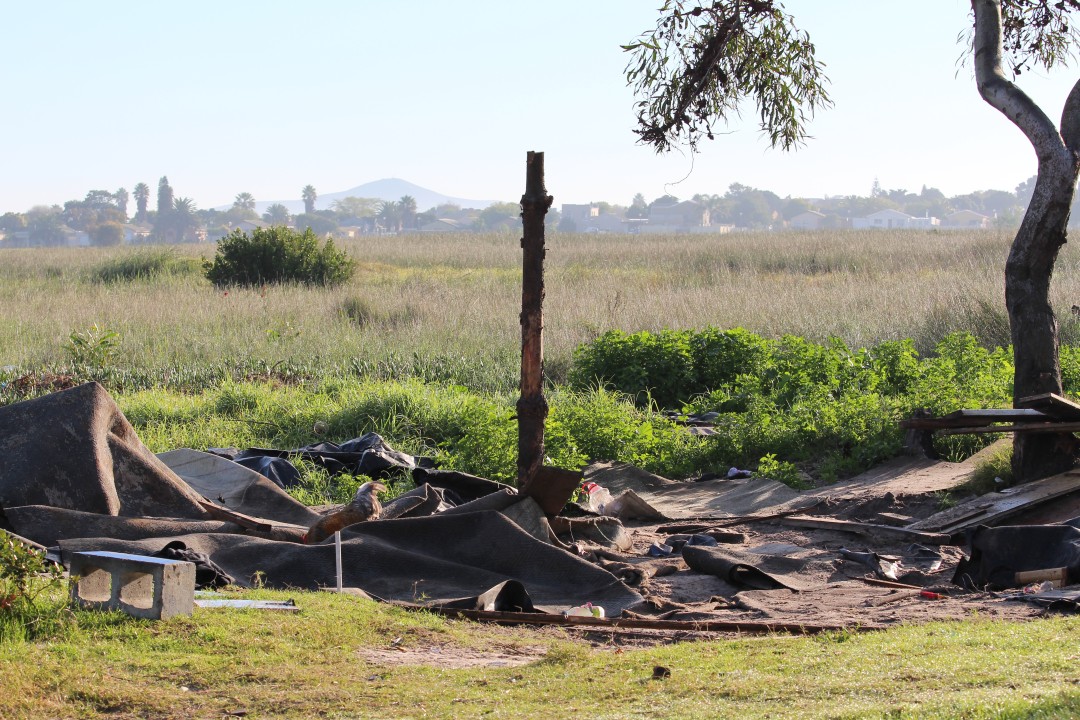
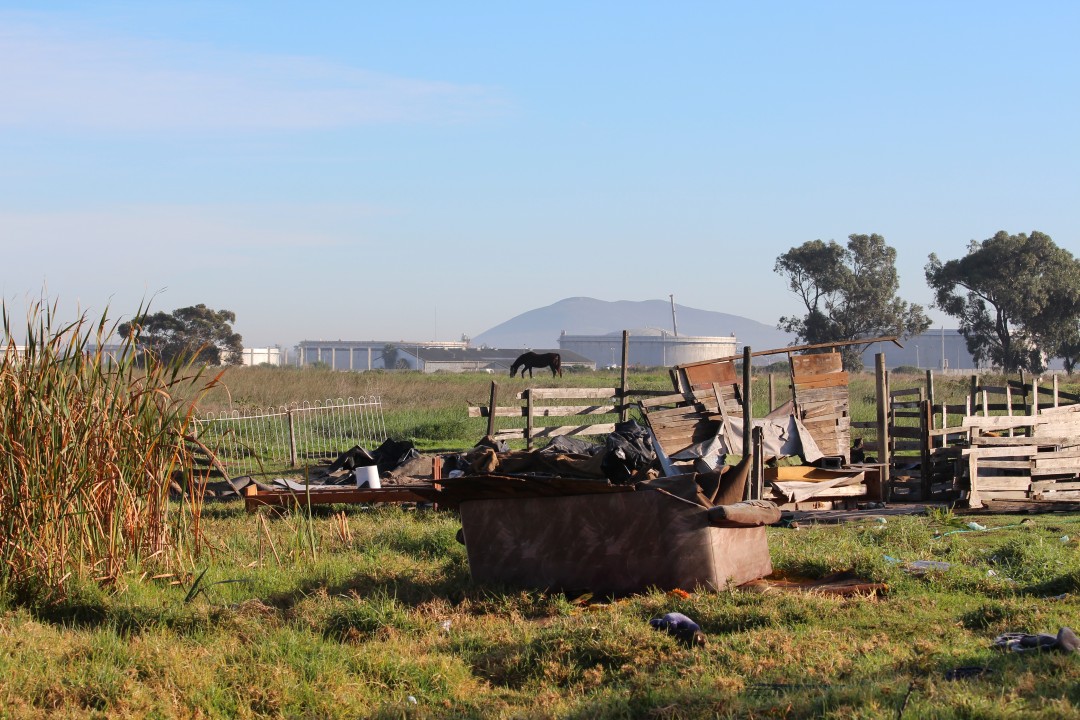
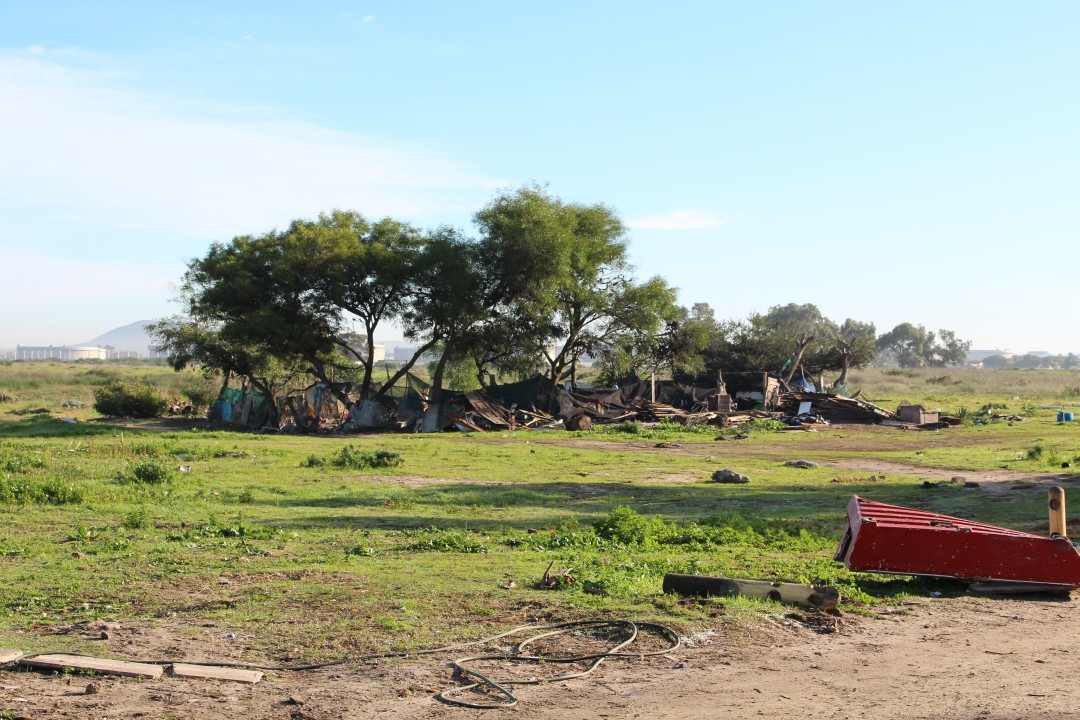
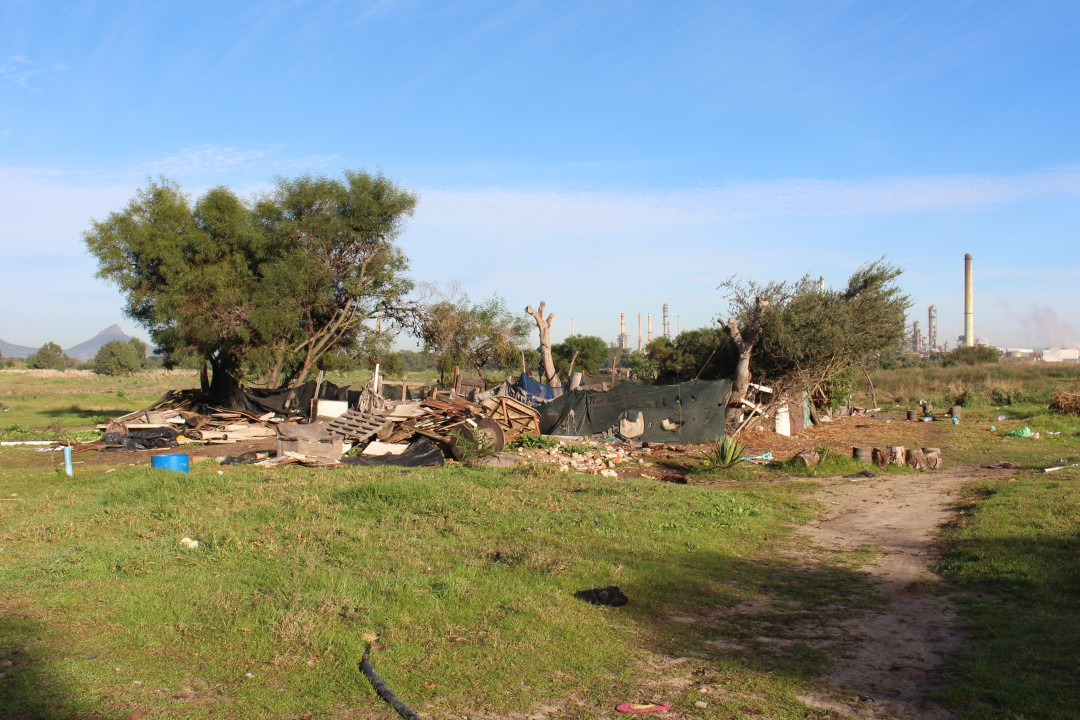
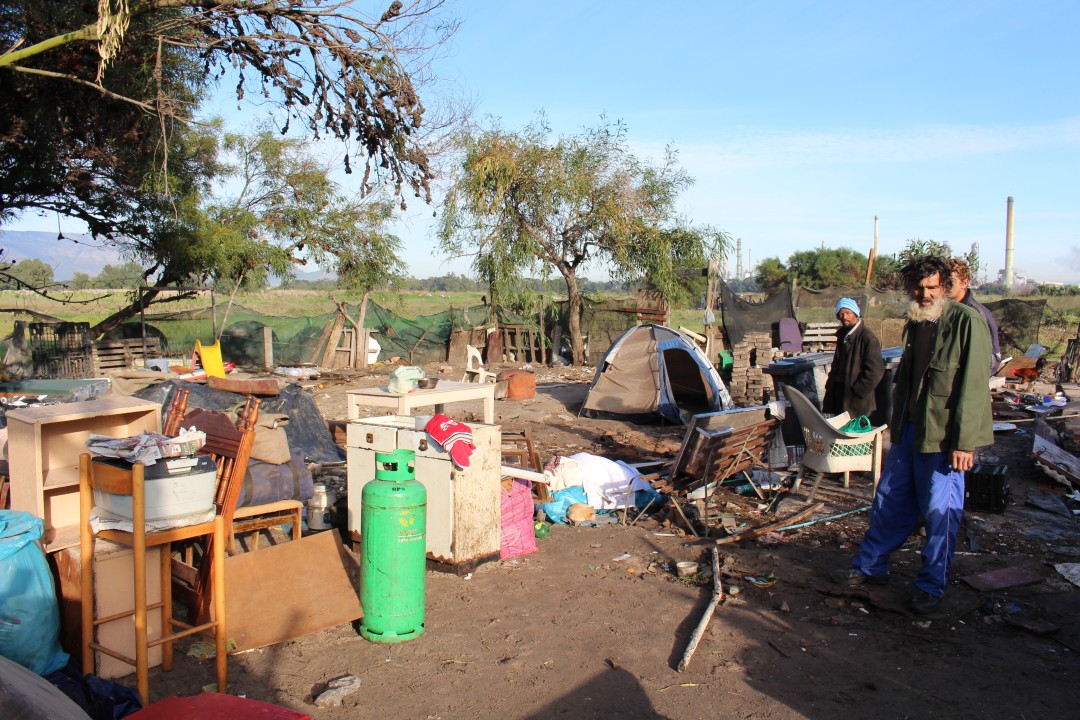
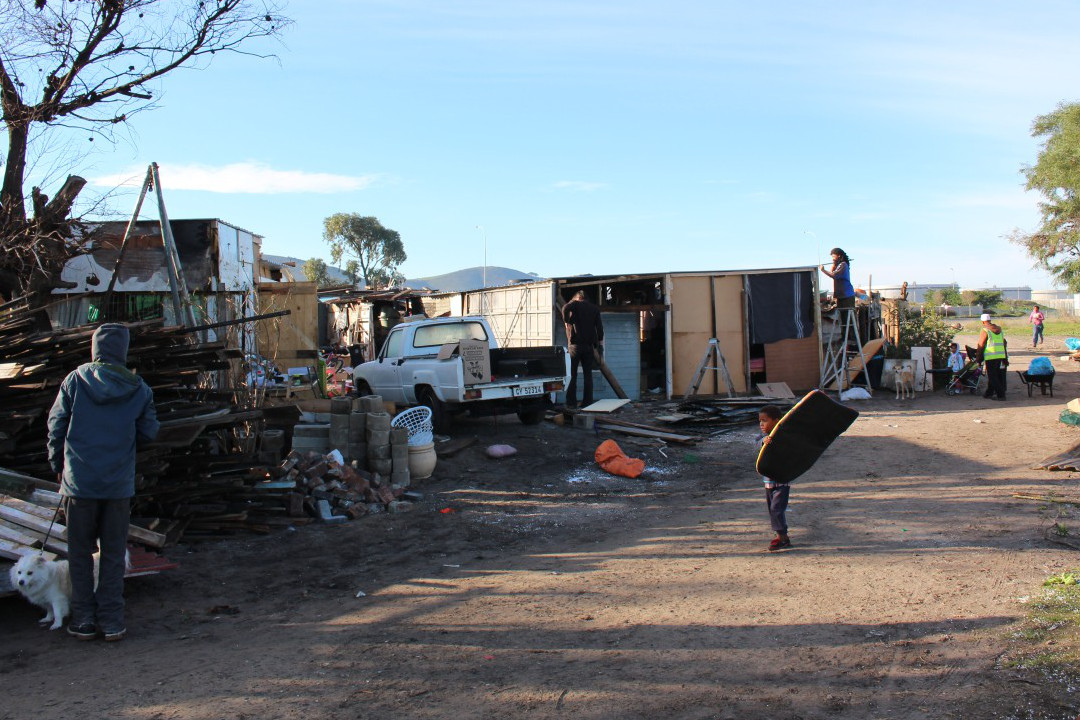





Latest comments